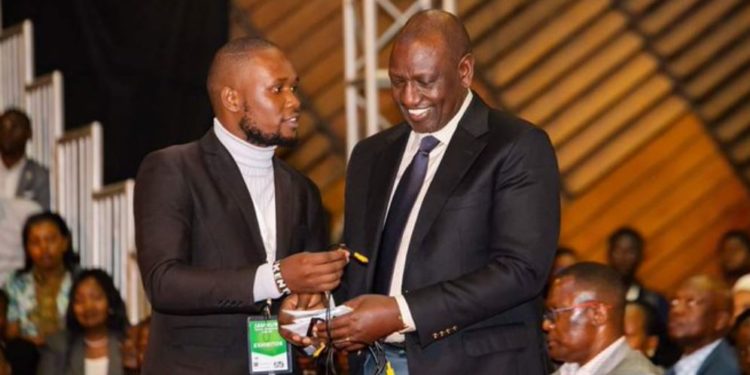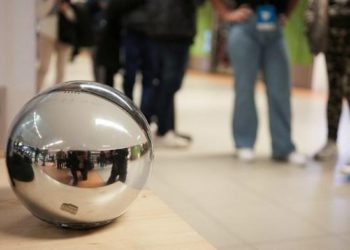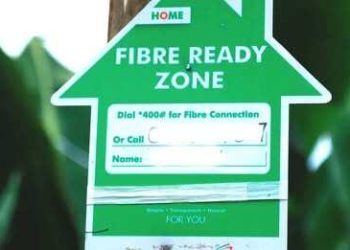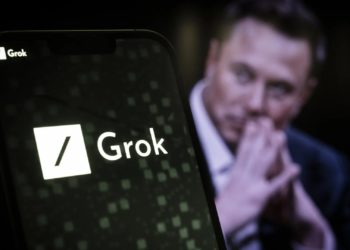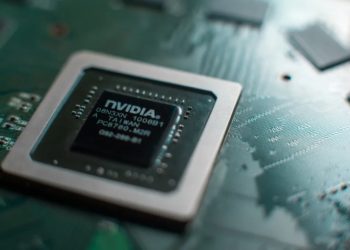If you meet him in the streets, it would be easy to refer him to ‘Engineer’ Anthony Muthungu due to his story of manufacturing USB cables locally. However, unknown to many, Muthungu has a background in the education sector.
On Tuesday, December 12, 2022, Muthungu met President William Ruto who recognised his input in the tech sector, thanks to his company, Totosci Holdings Ltd, which manufactures USB cables.
The 29-year-old started the company out of frustration during the Covid-19 pandemic, while he was trying to transfer some files to his laptop, but all USB cables he had failed.
“In my house, I was having six USB cables and none was working. I thought maybe it was me who had bad luck with USB cables but my friends also had the same issue. I decided to buy their faulty cables at Ksh10 per piece and within two weeks I had 7,000 cables. My curiosity made me dismantle the cables and check what the issue was. What I saw inside tempted me to create something of good quality,” said Muthungu.
Read: 25-year-old Kakamega Woman Wins Prince’s Trust International Award
The physics teacher saw a gap in the market, of lack of proper USB cables, and decided to give it a shot. He teamed up with a number of experienced engineers and they began to inspect the cables, trying to figure out the major weaknesses.
“I documented each and every one of the 7,000 USB cables and identified the problem and decided to fill the gap. This required a lot of research and looking into the materials and machinery required. Then I decided to build something that is ten times better than what is already in the market,” Muthungu said.
His team consisted of computer, software, mechanical and electrical engineers and machines imported from India and China.
“I got a loan of Ksh3 million from a friend and decided to go for it. I had to train this team that I am working with on this invention because it is a new thing,” he said.
Having been in the business for over three years now, Muthungu admits that it has not been a smooth ride, especially due to high taxation in the manufacturing sector.
“It isn’t just the issue of taxation but even the cost of running business when you factor in the cost of electricity and fuel. Again buying these USB cables from China is cheaper even when you pay excise duty as compared to producing them here. Most retailers actually prefer importing the cables,” Muthungu said.
Read: We Watched Loved Ones Die As Medics Demanded Money- The Sad Story Of Public Hospitals
“I am an industrialist, even though I make Ksh1 profit per USB cable and I sell it to one million people, that would be a Ksh1 million profit. Even with the high cost of taxation I know that nothing is permanent. This is not for the fainthearted, I tried to find someone in Africa who is doing the same thing so that we can share notes, I didn’t find anyone. Only risk takers carry the day.”
Even though the USB cables have been approved by the Kenya Bureau of Standards (KEBS) and the Kenya Export Promotion and Branding Agency (KEPROBA), the Kenyan market is still not as receptive.
“I don’t know whether it’s a colonial mentality where people think anything made in Kenya is inferior. It’s like we can’t make it Kenya, this must be fake. Others want to buy it cheaply just because it’s made in Kenya,” Muthungu noted.
The USB cables are 90 percent made in Kenya with raw materials such as recycled plastics, wires and injection plastics, sourced locally.
“We only import connectors from China and India. We are currently looking for funds to buy machines to make the connectors so that everything will be sourced here. The machine is quite expensive we will get it in a few years,” Muthungu said.
By 2023 the group said it working on producing mobile phone accessories across the country with their target being to assemble mobile phones by 2025.
“By 2026 we want to be a full unit producing mobile phones, earphones and chargers, we will be offering a complete unit,” he said.
Email your news TIPS to editor@thesharpdaily.com


